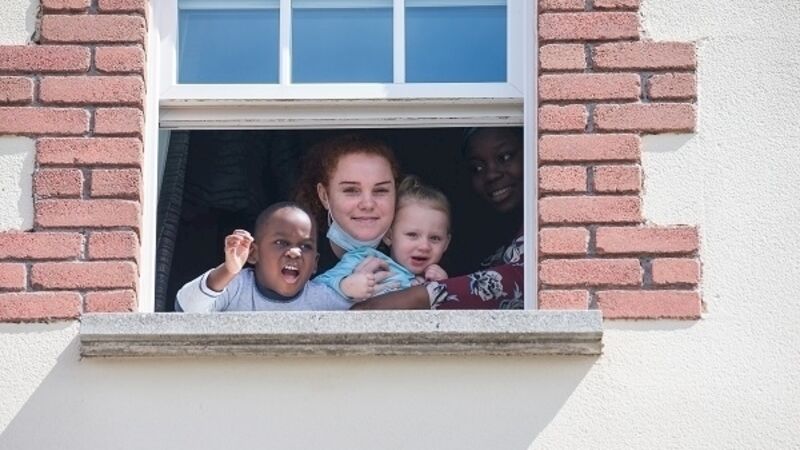Graham Clifford: Getting the message across to all in our society

Misconceptions about Covid-19 are rife amongst migrants but a new video service will provide clear and accurate information, writes .
“But I heard you could catch the virus by just taking the test,” said my Nigerian friend – a competent, clever, and measured woman.
















